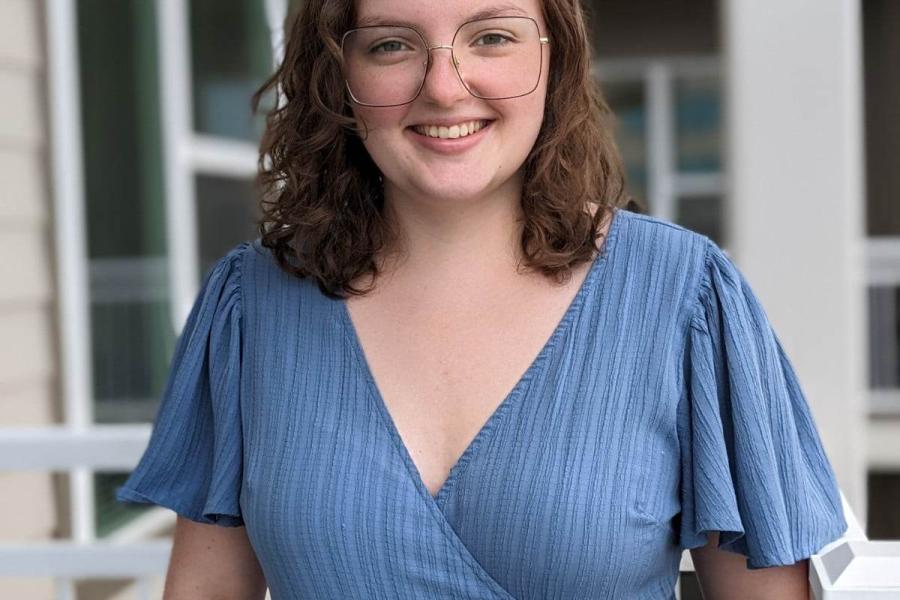For rising senior Kendra Brewer, our understanding of the Indigenous Americas leaves too much in the past. "Obsessed" with research from a young age, Brewer pursued her passion for Mesoamerican and Indigenous art history but kept running into the same problem: "As I focused my course of study on the Indigenous Americas, I was repeatedly frustrated by the ways traditional scholarship and many museum galleries portrayed the peoples of the Americas as wholly extinct groups who were homogenous, broadly generalizing cultural practices across regions and using the past tense in didactic labels, rather than highlighting the vibrant cultures of Indigenous groups who still exist today."
Now, with an eye toward graduate research as an art historian, Brewer represents Johns Hopkins University as a winner of the Beinecke Scholarship.
Established in 1971 by the board of directors of the Sperry and Hutchinson Company to honor Edwin, Frederick, and Walter Beinecke, the Beinecke Scholarship funds graduate study in the arts, humanities, and social sciences. JHU nominates one student each year, and students interested in applying can visit the National Fellowships Program page on the Beinecke Scholarship for information on how to be considered for nomination. Beinecke scholars receive $5,000 prior to entering graduate school and an additional $30,000 once they begin.
With this funding, Brewer hopes to highlight the Indigenous perspective on cultural objects found in museums: "My research will explore the information museum objects reveal about how historic Indigenous peoples understood their own universes and provide ways to ensure descendant communities have a voice in museum spaces."
For Brewer—a history of art and Spanish double major pursing a minor in the Program in Museums & Society—storytelling is a powerful force in expanding intellectual accessibility to history. As an intern at the Virginia Beach Public Library Archives, she helped visitors trace their own genealogical histories. Without context, she says, the census records and death certificates to which she had access provided limited understanding for people who lacked the training to decipher them.
"By taking the time to explain the stories being told by the records themselves, the stories of family movement and love and loss found within the documents, it gave people a deeper connection to their own pasts," she states.
She applies this principle to everything she does: "My interest in research really comes from a desire to share information with others. This, in turn, led me to pursue a career in museums, working to ensure that information about art objects and, by extension, peoples of the past and present is readily available to and easily understood by all."
Outside of reading and spending time in museums, Brewer is a lover of baking and "a good whodunit mystery," the latter of which comes as no surprise since she works avidly to illuminate hidden perspectives and underrepresented voices through her research.
Posted in Arts+Culture, Student Life
Tagged undergraduate research, program in museums and society, scholarships, history of art








